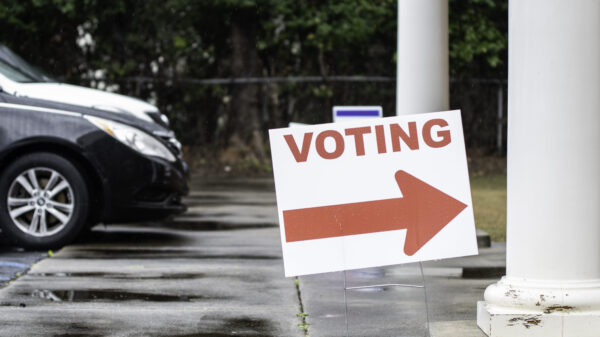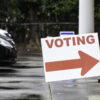|
Getting your Trinity Audio player ready...
|
Presidential elections are often decided by a handful of battleground states, marginalizing voters in states considered safe for one party. For instance, a Democrat’s vote in Alabama or a Republican’s vote in California is often seen as inconsequential. When elected officials rail against unfair voting practices, they seem to ignore the terrible flaw that was written into the nation’s Constitution that compromises the principle of “one person, one vote.”
Strangely, presidential races, unlike other elected offices, are not decided by the popular vote. Instead, they are determined by the Electoral College.
The Electoral College is an anachronism, born out of a compromise to placate slaveholding states.
At the nation’s founding, the Three-Fifths Compromise granted these states inflated political power by counting enslaved individuals as three-fifths of a person for representation purposes. This historical context casts a long shadow over our current electoral process, making it difficult to ignore the systemic biases that continue to affect the outcome of our presidential elections.
A walk through history shows the dilemma inherent in the system, which thwarts the will of millions of voters.
There have been five notable instances where the popular vote winner lost the presidency due to the Electoral College. In 1824, Andrew Jackson won the popular vote but did not secure an Electoral College majority, leading the House of Representatives to choose John Quincy Adams. Samuel J. Tilden’s 1876 popular vote victory was nullified, and the presidency was given to Rutherford B. Hayes after a highly contentious and compromised Electoral College decision. Grover Cleveland faced a similar fate in 1888 against Benjamin Harrison. More recently, Al Gore’s 2000 popular vote win was overturned by a Supreme Court decision that favored George W. Bush after a Florida recount. And, in 2016, Hillary Clinton’s popular vote lead was not enough to prevent Donald Trump’s Electoral College victory.
The roots of the Electoral College are deeply entwined in compromises made to secure the union of states. James Madison, despite his theoretical commitment to elections through popular votes, conceded that direct popular election would disadvantage the South due to its large, non-voting slave population. The substitution of electors became the “solution,” ensuring the South could leverage the Three-Fifths Compromise to maintain its influence.
The persistence of this system raises critical questions about the fairness and integrity of our presidential elections. Should we cling to an antiquated method that was designed to balance power among states in a very different America? Or should we strive for a more equitable approach that truly reflects the will of the people?
The Electoral College is more than a mere inconvenience; it’s a structural flaw that undermines the democratic ideal.
As we navigate the complexities of election integrity and the ever-present specter of voter disenfranchisement, the call to re-evaluate and possibly abolish the Electoral College grows louder. But these calls will go unheeded as parties have grown adept at exploiting the system. This outdated institution belongs on the scrap heap of history, replaced by a system that honors every citizen’s vote equally and unequivocally. Yet, like so many legacies of the past, it will remain a millstone around the neck of democracy.
The debate over the Electoral College is not just a matter of historical curiosity; it should be a pressing issue. Unfortunately, the values of fairness and representation are challenged on trivial grounds while the real problem of election integrity remains the system spawned out of slavery.



















































